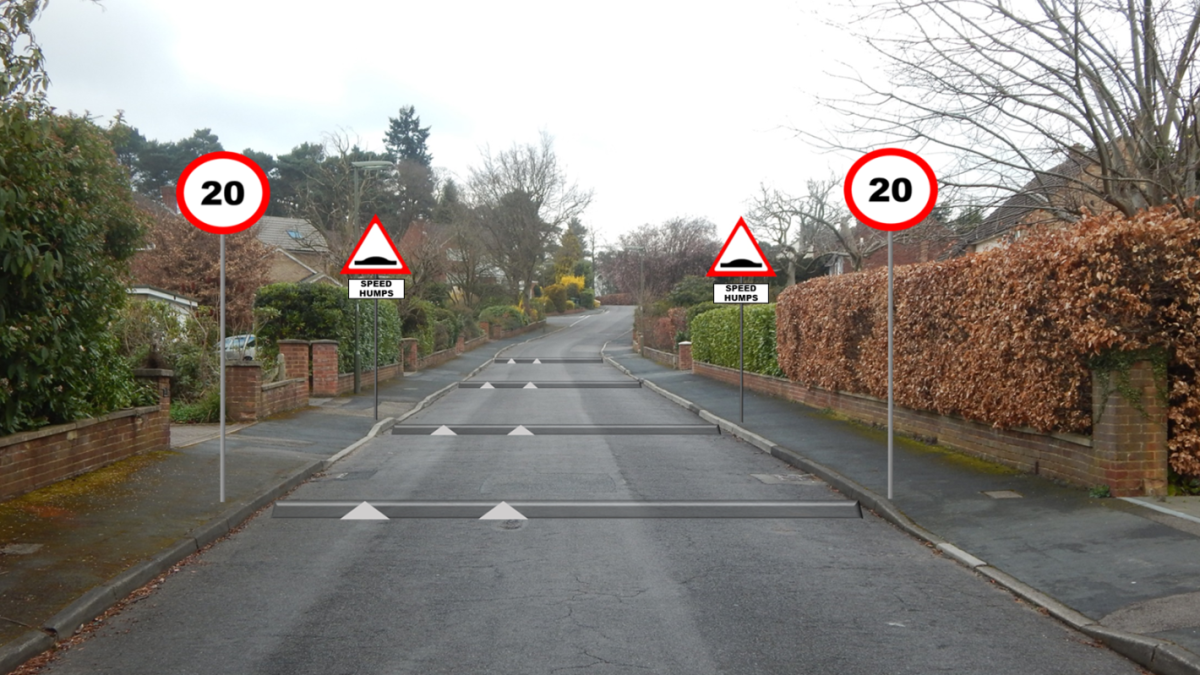
Strategies for Effective Highway Maintenance Management
Highway maintenance management is crucial for ensuring the safety and efficiency of roads.
It encompasses a wide range of tasks, including repairing potholes, clearing debris, and conducting regular inspections. An effective highway maintenance management strategy requires careful planning that takes into consideration road needs, budget constraints, and driver safety. Let’s explore some key strategies for effective highway maintenance management in more detail.
1. Regular Inspections:
Regular inspections are the backbone of efficient maintenance management. They should be conducted on a consistent basis to identify potential issues and areas requiring attention. By promptly identifying problems, maintenance teams can take swift action, ensuring road safety and preventing further damage.
2. Proper Maintenance:
Proper maintenance practices are vital for effective highway maintenance management. This involves regular cleaning, repairing potholes, addressing cracks, and other damages. Additionally, routine resurfacing is necessary to maintain a safe and efficient road surface for drivers. By adhering to a comprehensive maintenance schedule, maintenance teams can proactively address issues and prevent more extensive repairs down the road.
3. Adequate Funding:
Sufficient funding is a critical aspect of successful highway maintenance management. It is essential to allocate both short-term and long-term funds to ensure that necessary repairs and maintenance activities can be carried out. Adequate funding enables maintenance teams to address issues promptly, preventing small problems from escalating into larger and costlier concerns.
4. Communication:
Effective communication is key to successful highway maintenance management. Regular and transparent communication between the maintenance team and other stakeholders, such as local governments and businesses, is essential. This allows for sharing information on the needs of the highway and budget requirements. It also ensures that stakeholders are aware of any maintenance activities that may impact them, such as road closures or detours. Collaboration and coordination foster a collective commitment to keeping the roads safe and well-maintained.
5. Technology:
Leveraging technology can greatly enhance highway maintenance management efforts. Utilizing sensors can help detect potential issues, such as pavement deterioration or structural weaknesses. These sensors can provide valuable real-time data, allowing maintenance teams to prioritize and address problems efficiently. Another innovative technology tool is the use of drones to conduct aerial inspections. Drones can quickly and accurately assess road conditions, identifying areas of concern that may not be easily visible from the ground. Embracing such technological advancements can streamline maintenance processes and improve overall road safety.
6. Proactive Planning:
Proactive planning is crucial for effective highway maintenance management. This involves taking into account a variety of factors, such as weather patterns, traffic volume, and future construction projects. By anticipating potential challenges and developing contingency plans, maintenance teams can effectively allocate resources and minimize disruptions to drivers. Proactive planning helps ensure that highway maintenance activities are carried out smoothly and efficiently.
7. Training and Development:
Investing in the training and development of maintenance personnel is essential for effective highway maintenance management. Providing ongoing education and professional development opportunities enhances the skills and knowledge of maintenance teams. Well-trained personnel are better equipped to handle complex maintenance tasks, operate specialized equipment, and implement best practices. By prioritizing training, maintenance teams can continually improve their capabilities, contributing to safer and better-maintained highways.
In conclusion, implementing these strategies for effective highway maintenance management is crucial for ensuring the safety and efficiency of our roads. Regular inspections, proper maintenance, adequate funding, communication, technology utilization, proactive planning, and investing in training are key elements of a comprehensive maintenance strategy. By prioritizing these strategies, highway maintenance teams can effectively manage and maintain roadways, providing a secure and comfortable driving experience for all.
















